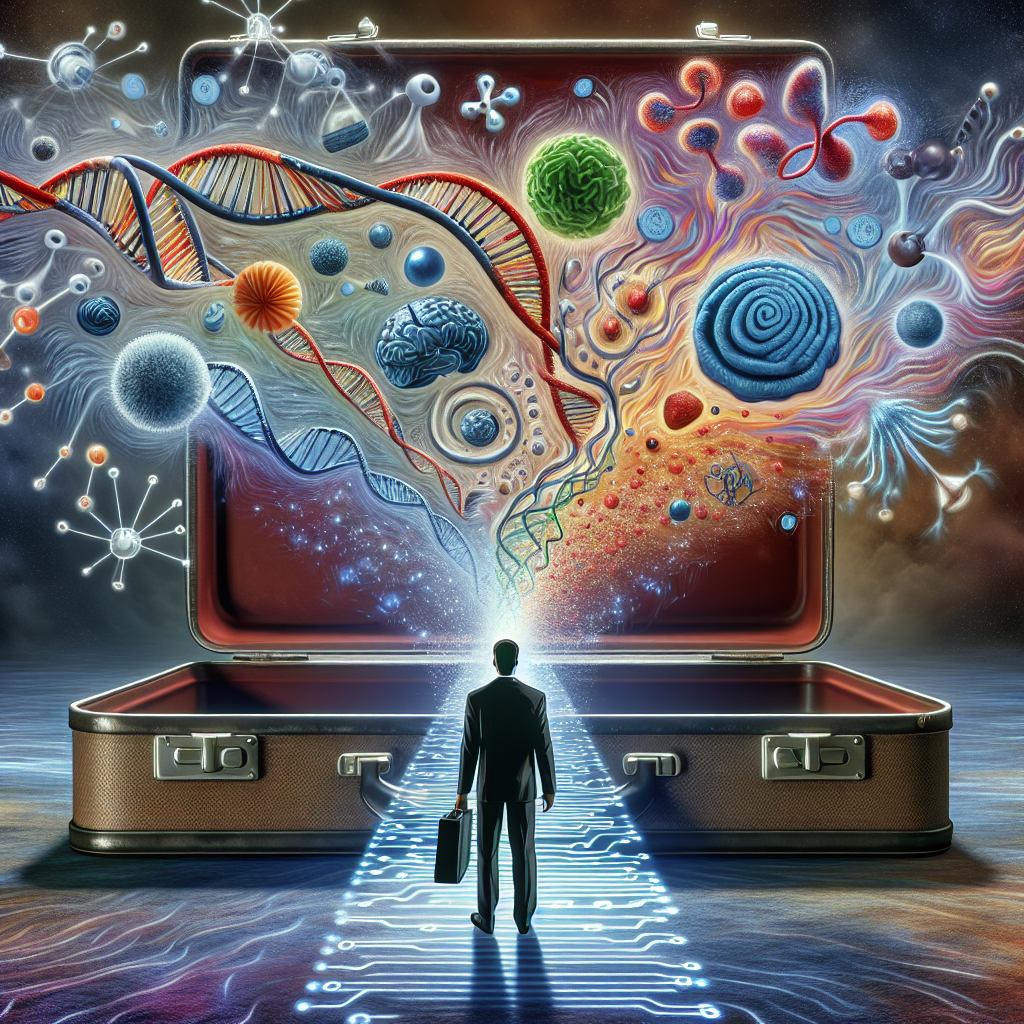From the moment we wake up in the morning to the minute we fall asleep at night, our behaviors are constantly being influenced by a variety of factors. While some of these may be external, such as our environment or upbringing, many are rooted in our biology. The study of how genetics and neurochemistry influence human behavior has become a rapidly growing field in recent years, shedding light on the complex interplay between our biology and our actions.
Genetics play a significant role in shaping our behavior, as they determine our physical traits and predispose us to certain conditions. However, they also play a crucial role in influencing our behavior in more subtle ways. For example, studies have shown that certain genes may be associated with traits such as impulsivity, aggression, or empathy. These genetic predispositions can influence how we respond to different situations and may play a role in shaping our personalities.
One of the key ways in which genetics influence behavior is through the production of neurotransmitters, which are chemicals in the brain that facilitate communication between neurons. Neurotransmitters such as dopamine, serotonin, and norepinephrine play a crucial role in regulating our moods, emotions, and behaviors. Genetic variations in the genes responsible for producing these neurotransmitters can lead to imbalances in their levels, which in turn can impact our behavior.
For example, individuals with a genetic predisposition to lower levels of dopamine may be more prone to seeking out risky behaviors in order to boost their dopamine levels and experience a sense of reward. Similarly, genetic variations in the serotonin system have been linked to conditions such as depression and anxiety, as serotonin plays a key role in regulating mood and emotions.
In addition to genetics, neurochemistry also plays a significant role in shaping our behavior. The brain is a complex organ that is constantly receiving and processing information from the environment, and the neurotransmitters it produces play a crucial role in determining how we respond to that information. For example, the release of dopamine in response to a rewarding stimulus can reinforce certain behaviors, while the release of cortisol in response to stress can trigger a fight-or-flight response.
The interplay between genetics and neurochemistry is complex and multifaceted, with a multitude of factors contributing to our behavior. While genetics may predispose us to certain behaviors, our environment and experiences also play a crucial role in shaping how those genetic predispositions are expressed. For example, a genetic predisposition to alcoholism may increase the risk of developing alcohol use disorder, but environmental factors such as peer pressure or stress may also play a role in influencing drinking behavior.
Research in this field has revealed fascinating insights into the biology of human behavior, shedding light on the mechanisms that underlie our actions and emotions. By understanding the genetic and neurochemical factors that influence behavior, we can gain a deeper appreciation for the complexity of human nature and the interplay between our biology and our environment.
FAQs:
Q: Can genetics determine all of our behavior?
A: While genetics play a significant role in shaping our behavior, they do not determine all of it. Environmental factors, experiences, and personal choices also play a crucial role in influencing behavior.
Q: Can our behavior be changed through genetic interventions?
A: While genetic interventions may have the potential to modify behavior, they are still largely experimental and carry ethical implications. Environmental interventions, such as therapy or lifestyle changes, are often more effective in modifying behavior.
Q: Are there any genetic tests available to predict behavior?
A: While there are genetic tests available that can provide information about predispositions to certain behaviors or conditions, they are not able to predict behavior with complete accuracy. Genetics is just one of many factors that influence behavior, and individual experiences and choices also play a significant role.




Leave A Comment